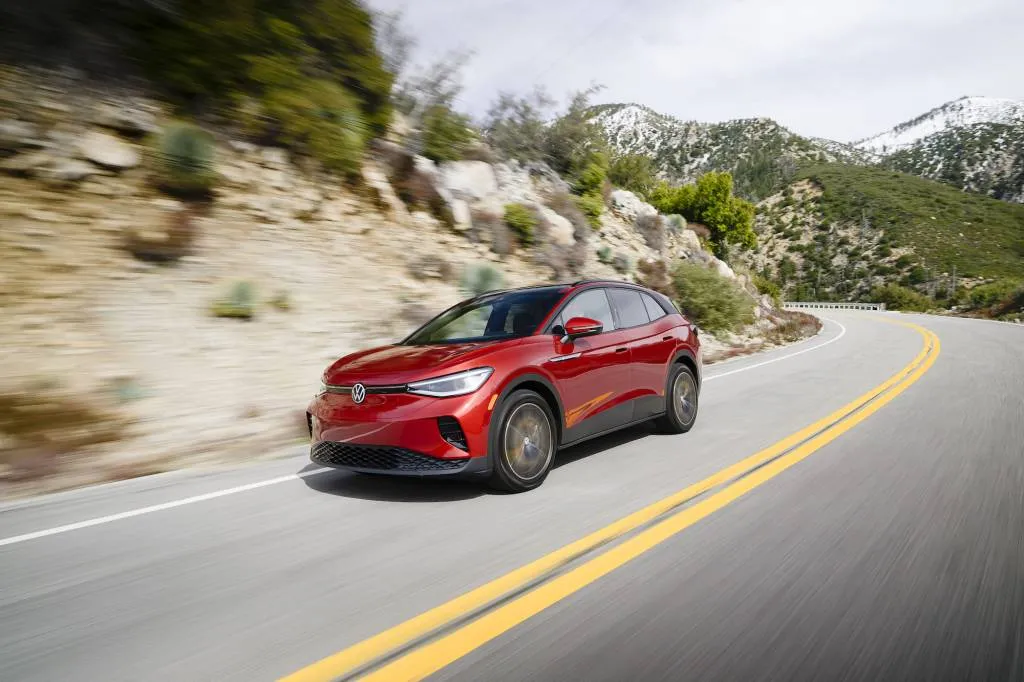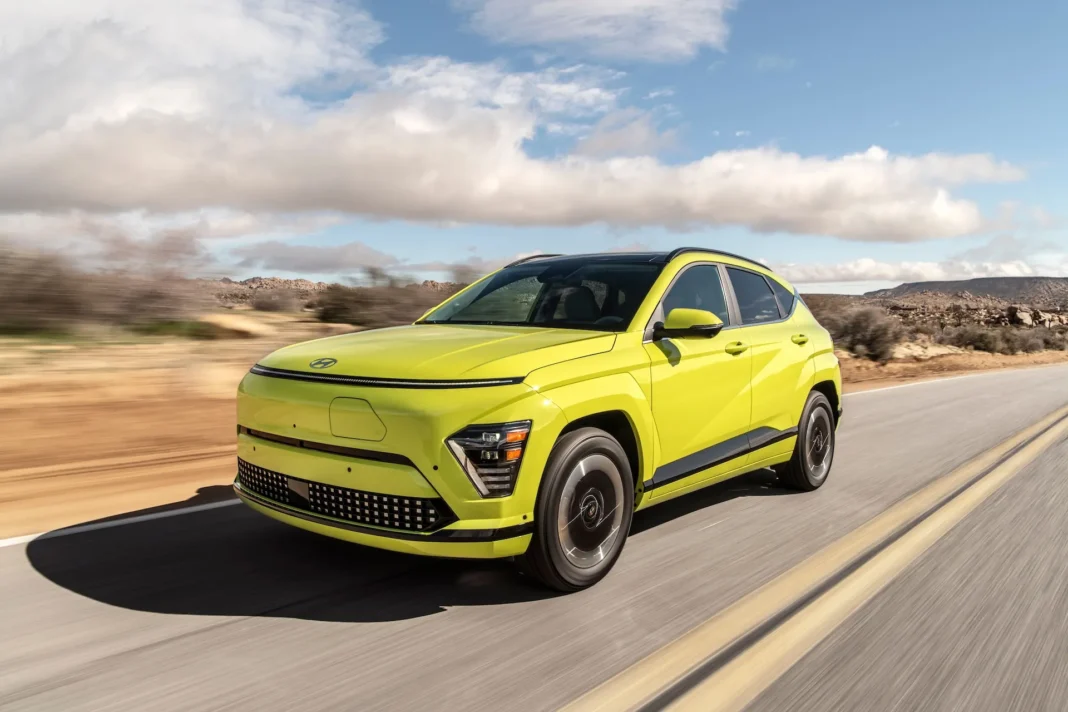- Rate of acceleration for global EV adoption has slowed, firm suggests focus beyond early adopters
- Study relates EV adoption to Strategist, Individualist, Carer, Conservative, and Frugal psychographic profiles
- Prior to “reset,” 43% of non-EV drivers are already considering an EV next
Automakers stand to substantially grow global EV sales over the next 10 years, but only if they refocus from tech-savvy early adopters to mainstream buyers, argues a new study from consulting firm Accenture.
The study predicts that 57% of drivers will have switched to EVs within the next 10 years, with 43% of non-EV drivers already considering an EV for their next vehicle purchase. And 47% of drivers “are convinced that the future belongs to electric vehicles,” according to the study. That’s based on a survey of 6,000 car buyers in the U.S., China, Italy, Germany, France, and Japan.
EV sales growth isn’t happening at as steep of a rate. While global EV sales saw a 35% year-on-year increase in 2023, that was down from 55% in 2022 and 121% in 2021, the study noted. That should still be seen as a feat after the pandemic catch-up years of 2021 and 2022, but analysts believe automakers will need a “strategic reset” to generate more EV sales.

2024 Tesla Model S. – Courtesy of Tesla, Inc.
Instead of focusing on tech features, which has been effective in attracting early adopters, Accenture believes automakers should focus on the more practical concerns of mainstream buyers. The majority of car buyers (80%) prioritize reliability, safety, and affordability, so automakers should prioritize those factors as well, the firm argues.
Accenture assembled psychographic profiles of different types of potential EV buyers. While the “Strategist” and “Individualist” value things like luxury and technology features, respectively, the “Carer” views cars merely as tools, the “Conservative” emphasizes reliability, and late-adopting “Frugal” car buyers will only make the switch to an EV once costs reach a certain threshold.

2025 Volkswagen ID.4
Other studies have come back with similar findings on lagging EV interest. A Gallup poll last year underscored that fewer Americans are aspiring to EV ownership than had been the case just a year earlier. And a 2023 J.D. Power study found that U.S. EV adoption is becoming more polarized by state.
More than a decade ago as some paid nearly $40,000 for versions of the Nissan Leaf and other early EVs with sub-100-mile range, it was underscored that those EV pioneers and early adopters are night-and-day different than mainstream auto buyers—in many respects. Focusing on what matters for mainstream shoppers—practicality and cost—may be the obvious direction if automakers truly want to get serious about upping their EV sales.

